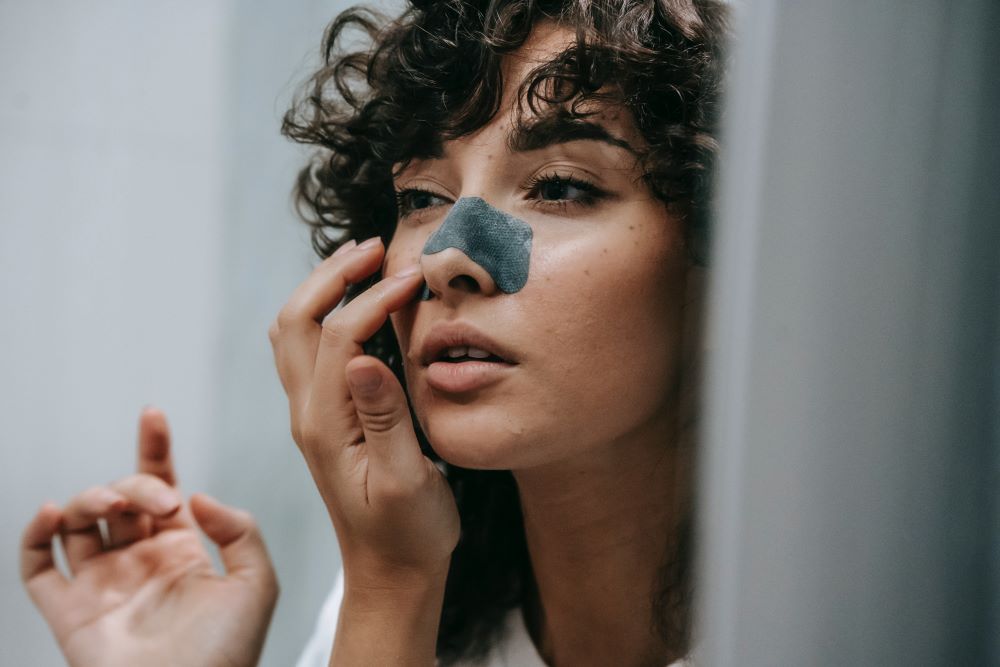Maintaining proper skin health promotes good gut microbiome and vice versa.
It may be difficult to imagine that skin and gut health are related. Those two components of the body don’t seem to have anything to do with one another, so problems in one area would likely be isolated from the other. Right? Maybe not. Research has indicated that the health of one’s digestive tract might be more closely connected to skin health than originally thought. If that is true, there is even more of a reason to pay careful attention to how one cares for their skin.
“Skin is the largest organ of the human body, and it’s a first-line barrier from the outer environment,” said Renata Block, a physician assistant at Advanced Dermatology & Aesthetic Medicine in Chicago. “We have to have a balance between the two for them to regulate and connect.”
In fact, skin health is all-too-often overlooked in general, yet it plays a crucial role in overall well-being. As the body’s largest organ, the skin serves as a protective barrier against external threats and helps regulate internal processes. The skin essentially prevents harmful microorganisms from entering the body and causing infections.

Gut microbiome, on the other hand, is a collection of trillions of various fungi, bacteria, and more that’s present inside. A similar system also exists within the skin. When the body is out of balance and these microbiomes are affected, adverse health outcomes can result. If the microbiome is altered in some way, an individual becomes more prone to certain skin diseases, for example.
Unfortunately, a problematic gut can lead to a wide range of skin issues, many of which are minor, but some can have a major impact on quality of life. The gut microbiome plays a crucial role in maintaining skin barrier function and reducing inflammation. When it’s imbalanced, it can lead to dysregulation of the immune system, triggering inflammatory responses that can manifest as skin conditions such as acne, eczema, and rosacea.
“The microbiome within the skin and the gut keeps us healthy,” Block explained. “It keeps our immune system in check, and if the immune system is out of check, then it’s kind of like a wreak-havoc kind of moment, if you will, and this inflammatory response, it’s just a response of the body just being out of balance.”
Knowing how important gut health is to overall health, it’s a good idea to take control of it in order to also limit skin irritation and disease. Following a diet rich in whole foods, drinking enough H20 and limiting ultra-processed options are some of the easiest ways to do just this. It’s also important to reduce or eliminate sugar and alcohol intake.
At the same time, caring for one’s skin means applying SPF whenever it’s going to be exposed to the sun, moisturizing frequently and following a good skin care routine which includes exfoliating to remove dead cells and allow new ones to surface. Washing skin in lukewarm, rather than hot, water can also keep it from becoming overly dry.
There is sure to be more learned moving forward about gut health and what it means for skin health. In the meantime, it’s obvious that there is a distinct interplay between the two and it’s crucial to pay close attention to both.


Join the conversation!